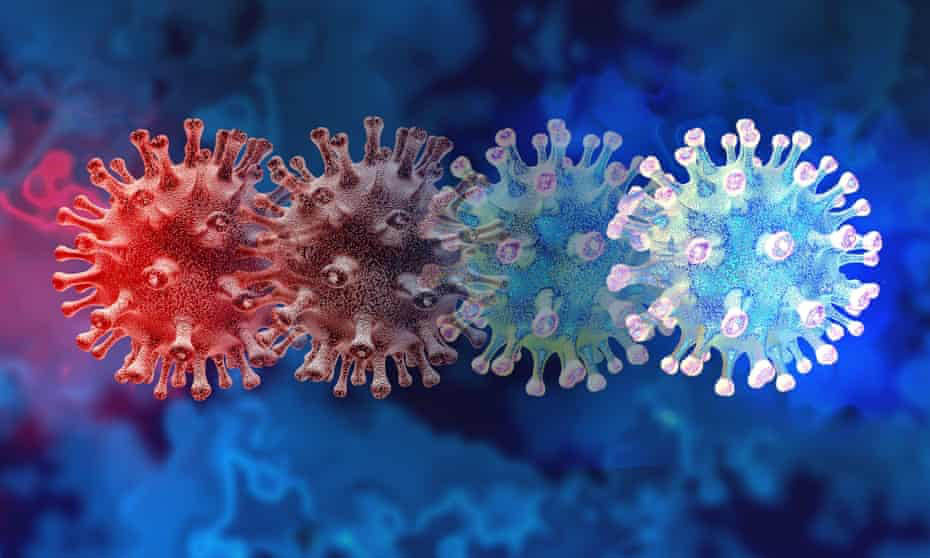(Trinidad Guardian) In a sombre address to the nation, Prime Minister Dr Keith Rowley last night retraced the events of the last two years of the COVID-19 virus, its arrival and treatment in Trinidad and Tobago and warned that if the current infection rate continues, the parallel health system would be overwhelmed within days.
“Based on the increasing number of COVID-19 cases over the past weeks, and with no decrease in sight, the number of deaths has continued to increase with dozens of persons losing their lives on a daily basis,” the Prime Minister said.
The Prime Minister detailed the actions of several other countries which included protracted lockdowns, curfews, restrictions on the unvaccinated, enforced vaccinations, and incentives for vaccinations.
“I mention these situations and decisions so that if it ever gets to the point where we have to adopt any of these additional measures, it will not be because we are incompetent, arrogant, dictatorial or anti-democratic. It would simply mean that our situation demands it and we do live on planet earth where COVID-19 is attempting to reign…,” the Prime Minister said.
He said that if the current trends continue, the parallel health care system will be overwhelmed in a matter of days.
“As such, this will manifest in our inability to provide care, not only to our COVID-19 patients but to our other patients accessing general medical care and emergency care.
Our health care system is finite and we will be forced, once again to pull resources from non-COVID-19 sites into the parallel health care system,” he said.
Rowley revealed that the country spent over half a billion dollars to acquire the requisite vaccines and he bemoaned the dip in vaccinations numbers.
“Unfortunately, it seems that we have been desensitized and the population is no longer stirred to wise action by this alarming trend. There is little change in public behaviour and attitude as well as a drastic reduction in the rate of vaccination, even in the face of increasing COVID-19 deaths,” he said.
Despite the rising COVID-19 numbers and the fact that today is the deadliest day on record with a staggering 31 people who succumbed to the virus, the Prime Minister maintained that the country would not go back into lockdown mode. The announcement allayed the majority of fears expressed on social media.
“We will continue to keep our economy open. There have been a number of demands for further opening up of the few areas which are still under restrictions,” he said.
However, for now, beaches and rivers will remain closed.
“Much as I would like to open up beaches and rivers, as I wanted to do a few weeks ago, the current situation militates against that,” he said.
“I did say earlier that I am hoping that we could open beaches for Christmas. I’m still on that,’ the Prime Minister said.
He said he would give the numbers a couple of weeks to see “where they are taking us’.
“And if there is no further significant deterioration, we could start with early morning beach openings from say 5:00 am to 12:00 noon. We should be able to have therapeutic dips at dawn without the parties at afternoon and sunset,” he said.
The Prime Minister said that with Christmas around the corner, the citizens must be careful not to let customary seasonal gatherings “push us over the edge.”
The Prime Minister last night noted that Carnival 2022 would be on, but look very different as there would be no street parade or gathering for unvaccinated people. However, there would be designated safe zones for vaccinated people to gather for events.
“We have already signalled to the population that we are escalating the emergency response levels in the public health care system and have alerted supporting agencies of the potential need for reinforcements. We would do well to ponder on what the next phase of the COVID-19 response might look like if we continue on this trajectory,” he warned.
Rowley listed several other countries that have re-implemented harsher measures of curfews and strict guidelines for unvaccinated.
“As with any emergency response, as the demand on health care resources increases, we may have no choice but to redirect our efforts from providing the highest level of care to a few, to providing the greatest good for the greatest number of persons. This is the reality that we face,” he said.





